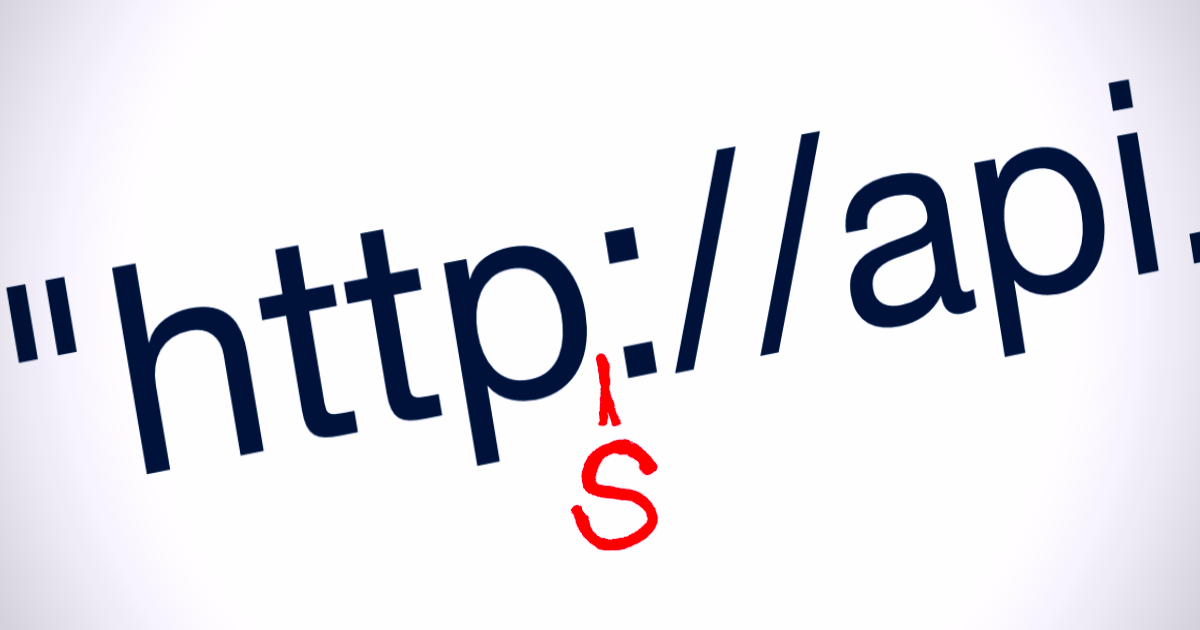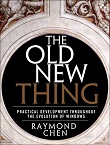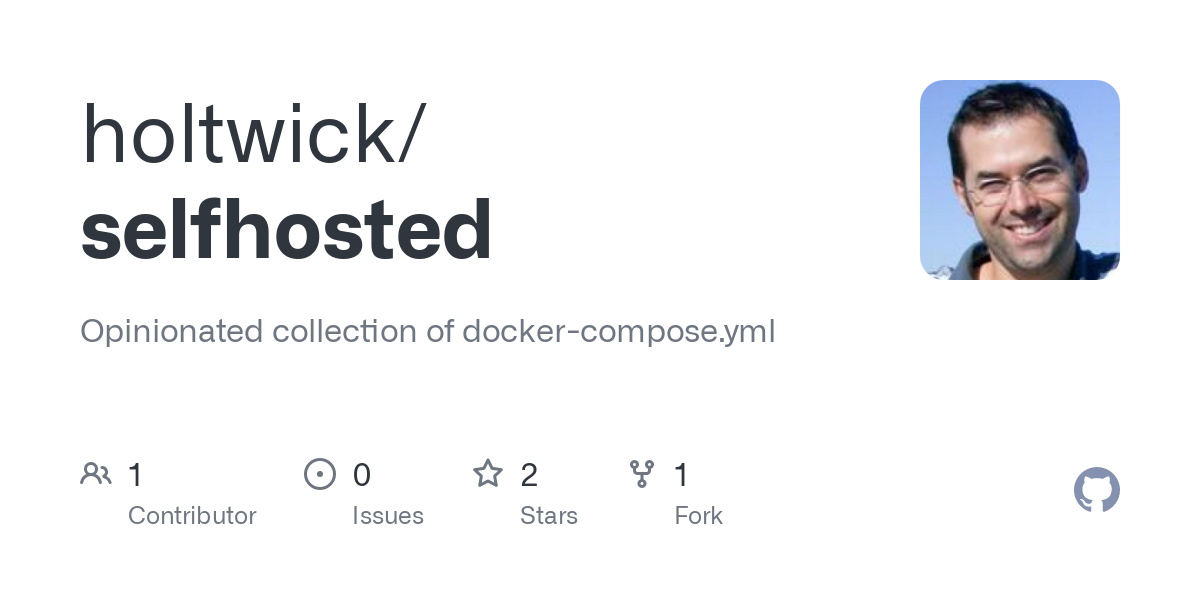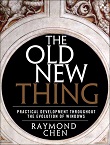Mastodon: @[email protected]
- 36 Posts
- 21 Comments

 3·8 months ago
3·8 months agoI think you are highlighting an important point that are missed by other commenters emphasizing the developer. I prefer GPL over MIT license. But this is a possible fallback if Redis decides to change its licensing (like several others did).
I think these kind of products have strategic significance for MS for their Azure offering. They are probably preparing to offer this there (in addition to and as an alternative to Redis). So, it makes sense for Microsoft to release this with an OSS license (otherwise no one will adopt it).

 17·9 months ago
17·9 months agoWho is this particular developer
As far as I understand from the discussions about the topic, Maxim Dounin was one of the few core developers of nginx. Looks like Wikipedia has already been updated.
I know you said “self hosted”, but if you are interested in an Android app, Google Play Books does most of what you want, I think. You can upload your books, and read them on any device (with offline capabilities). But this is the Self Hosted community, so I will show myself out.

 1·9 months ago
1·9 months agoPossibly. My point is: despite having a common subset Pkl and JSON schema doesn’t seem to be solving the same problems. But, I’m just learning about it, so I may just be wrong.

 3·9 months ago
3·9 months agoI just learned about Pkl, so take this with a grain of salt. JSON Schema and Pkl seem to have some overlap. But JSON schema is not specifically designed for handling configuration and Pkl supports other formats like YAML.

 51·9 months ago
51·9 months agoThis looks really interesting. Getting type safety and editor support to configuration may change quite a bit of how things are done. I don’t know if it will gain traction, but if it does, it may really help bringing some long awaited structure to all those YAML files. There appears to be examples specifically for Kubernetes (https://github.com/apple/pkl-k8s-examples).

 6·9 months ago
6·9 months agoI wasn’t aware of that. I guess it was thought to be a mod driven community. Anyway… Cool question. I hope we will see some creative solutions here.

 6·9 months ago
6·9 months agoPlease also consider posting to [email protected]

 2·10 months ago
2·10 months agodeleted by creator

 3·10 months ago
3·10 months agoAre you interested in working on a text editor? If so, I have an idea I plan on implementing myself for fun: a clone of HeyNote with some added functionality. HeyNote is a simple buffer that consists of blocks. It’s useful when you just want to note a simple block of text (an SQL query, log output, test data) but you are not interested in structuring it. What HeyNote lacks is the ability to add title and tags to blocks. It’s not an alternative to other note taking applications. It is just a buffer with unrelated blocks in it.

 3·1 year ago
3·1 year agoPlease consider posting language specific questions to language specific communities in the future. For example, [email protected]
I would add Ars Technica to that list and call it a day.
For programming I follow YouTube channels of the conferences relevant for my tech stack (YouTube natively supports RSS). They are generally 1 hour talks but it’s a great way to stay up to date.

 5·1 year ago
5·1 year agoI think this may also be a problem with malicious clients. Currently the user enters the username and password via the client’s login dialog. It’s an effective way to collect credentials.

 3·1 year ago
3·1 year agoIt doesn’t look very good, no. It would be good to bring Lemmy to OAut2.1 where the self-contained token with a sensible lifetime is passed in the Authentication header. Currently it’s either passed in the URL (GET) or in the model (PUT/POST).
I have some OAuth experience, but I’m not a Rust developer. So, I thought of offering some help regarding design and testing of an OAuth mechanism, but since I cannot really contribute to implementation, that may not be that much of a help. Also, this kind of a change will break at least some of the existing clients. I don’t know if the core team would be willing to make such a change.

 1·1 year ago
1·1 year agoI see that you have the following line in your bot:
auth: @me.secrets.lemmee,Does that mean you are storing the JWT in your secrets? Doesn’t that mean that it will expire after some time? Wouldn’t it be better to get the JWT before performing the action? Something like this: https://www.val.town/v/canpolat.getLemmyJwt

 1·1 year ago
1·1 year agoThanks for sharing. This is a great way to write simple bots without dealing with hosting.

 7·1 year ago
7·1 year agoDid you take a look at write freely or other blogging software with native ActivityPub support?
I use InoReader. Most of the sources I want/need has RSS feeds. For the rest I create feeds using Feed43. I use it daily and that’s how I get news, YouTube videos, Twitter feeds (via Nitter), Reddit/Lemmy posts.













Don’t they already have the names Leap and Tumbleweed? Changing the name to Leap would make sense since it’s the name of the “official LTS” version. At this point it sounds like “openSUSE” is the name of the project and not the distro. But I haven’t been following them closely, so perhaps I’m wrong.